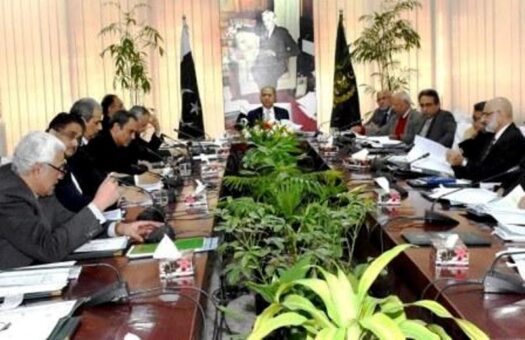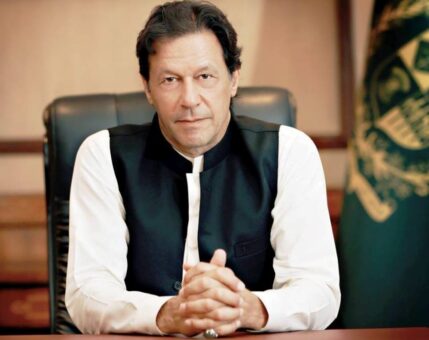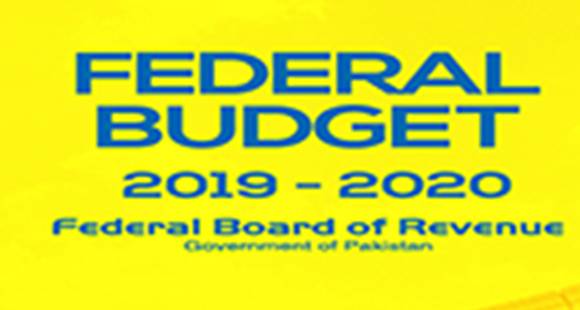ISLAMABAD: State Minister for Revenue Muhammad Hammad Azhar on Tuesday said that the government has set a challenging target of Rs5,550 billion revenue collection target for Federal Board of Revenue (FBR) in order to reduce the fiscal deficit.
Presenting budget for fiscal year 2019/2020 on floor of house, the state minister said that by reducing imports and aiming for higher exports.
“We want to bring current account deficit from $13 billion estimated this year to $6.5 billion in 2019-20,” he said.
For increasing exports, the government will:
Support duty structure on raw materials and intermediate goods
Improve mechanism for tax refunds
Provide electricity and gas at competitive cost
Redo the Free Trade Agreements and make Pakistan part of the global value chain.
He said that a challenging target of Rs.5,555 billion FBR revenue collection will be combined with aggressive expenditure controls to reduce primary deficit to 0.6 percent of GDP.
Both the civil and military governments have announced unprecedented reduction in expenditure.
He said that the government’s top priority is to enhancement of taxes.
Pakistan has one of the lowest tax-to-GDP ratios at below 11 percent which is lower than others in our region. Only 2 million people file income tax returns – of which 600,000 are employees. 380 companies alone account for more than 80 percent of the total tax.
There are over 341,000 electricity and gas connections – but only 40,000 are registered with sales tax.
Only 1.4 million out of 3.1 million commercial consumers pay tax. There are estimated 50 million bank accounts but only 10 percent pay taxes. Out of 100,000 companies registered with Securities and Exchange Commission of Pakistan (SECP only half pay tax.
Many rich do not to contribute to our taxes. This has to change in Naya Pakistan.
Austerity shall be put in place in the regular civil and defence budgets. As a result, the running of civil government which was Rs.460 billion this year, is being budgeted at Rs.437 billion for the coming year, a decrease of 5 percent.
The defence budget is being maintained at the last year level of Rs.1,150 billion. “In taking these difficult decisions on austerity, I want to appreciate the wisdom of the Prime Minister and the support of armed forces leadership in particular the Army Chief. Let me be clear on one point the sovereignty and defence of Pakistan is paramount.”
All other considerations are secondary to that of national dignity and honour. We will ensure that the capacity of our armed forces to defend our country and our people is never compromised.
Pakistan cannot develop until we reform our tax system. Historically, we have under allocated for health, education, drinking water, municipal services, and things that matter to the people. Now we are reaching a point where we have difficulty in paying our debts and even our salaries without recourse to borrowing. This situation has got to change.






